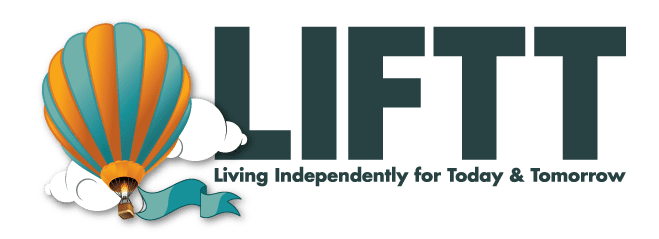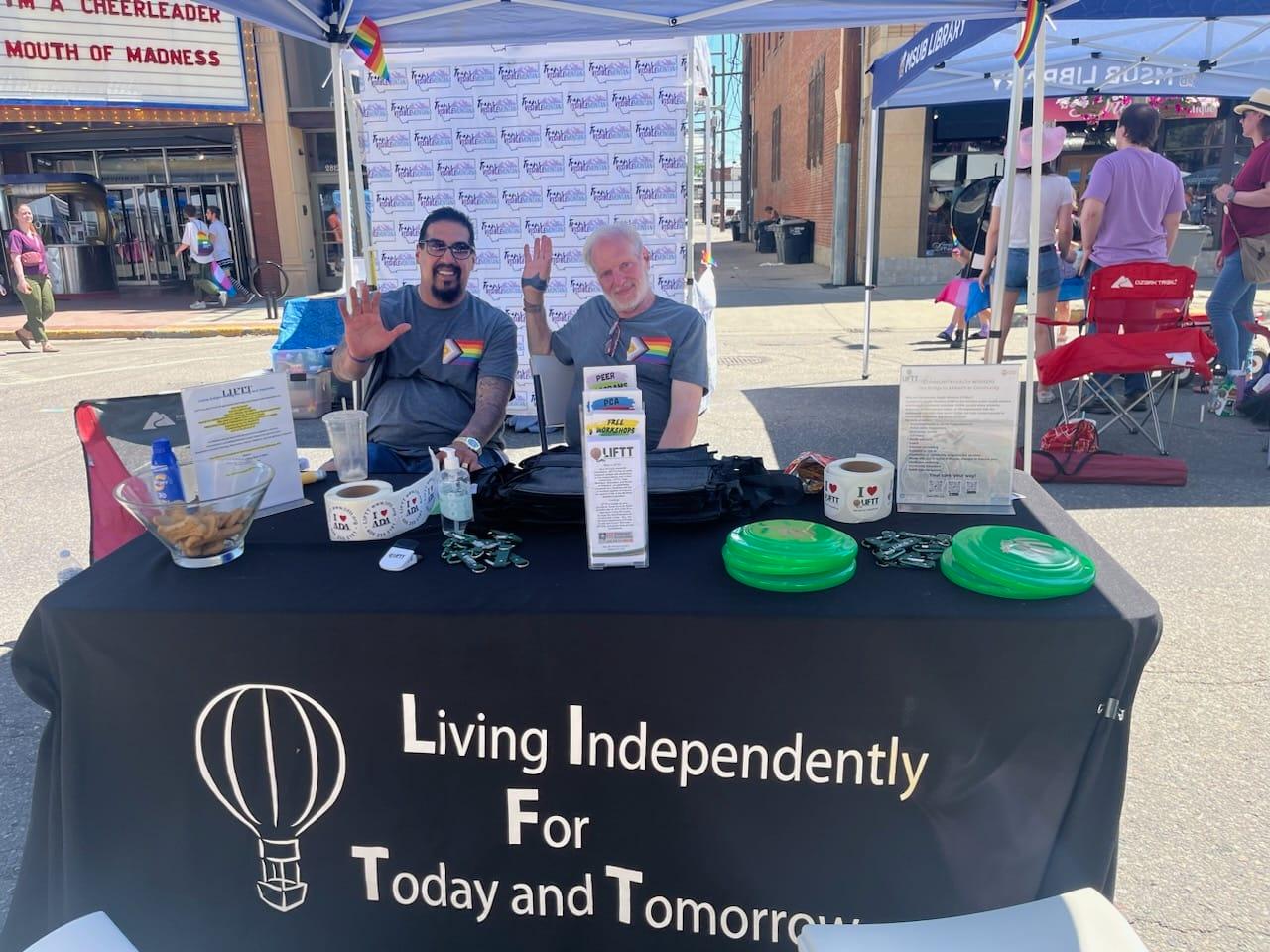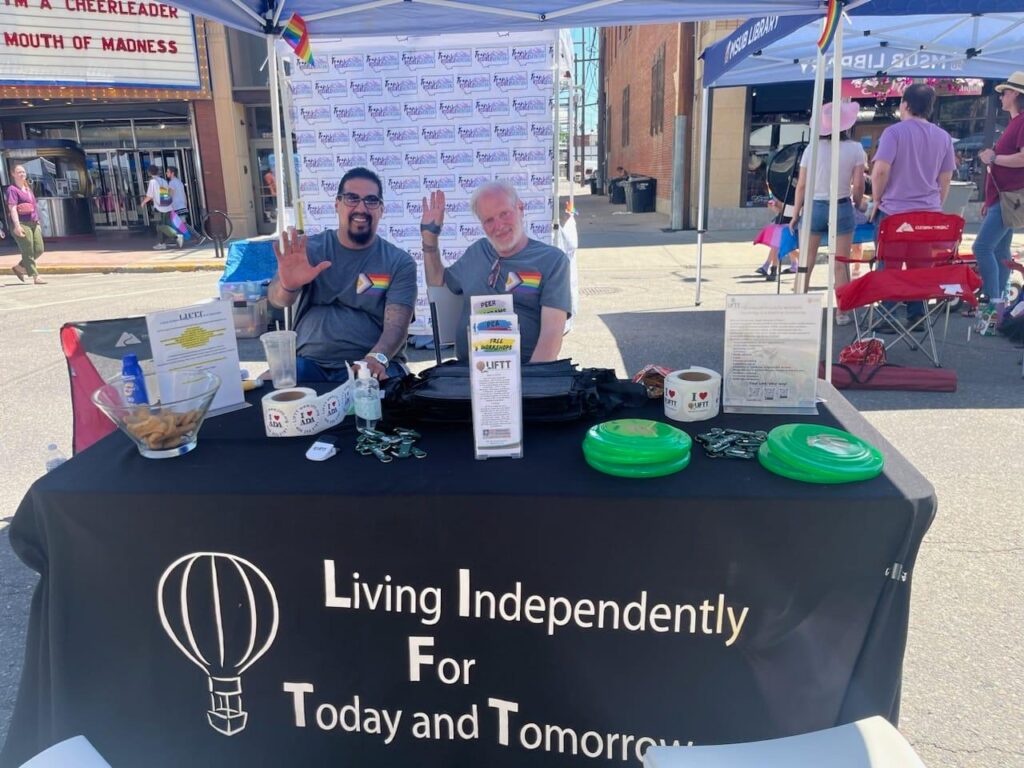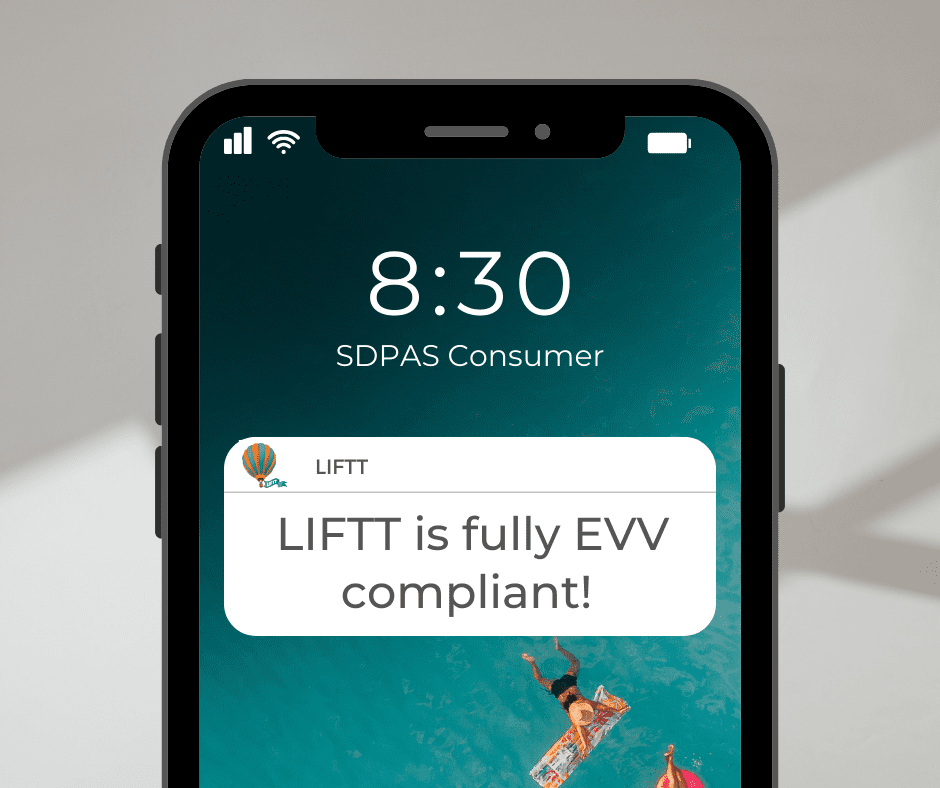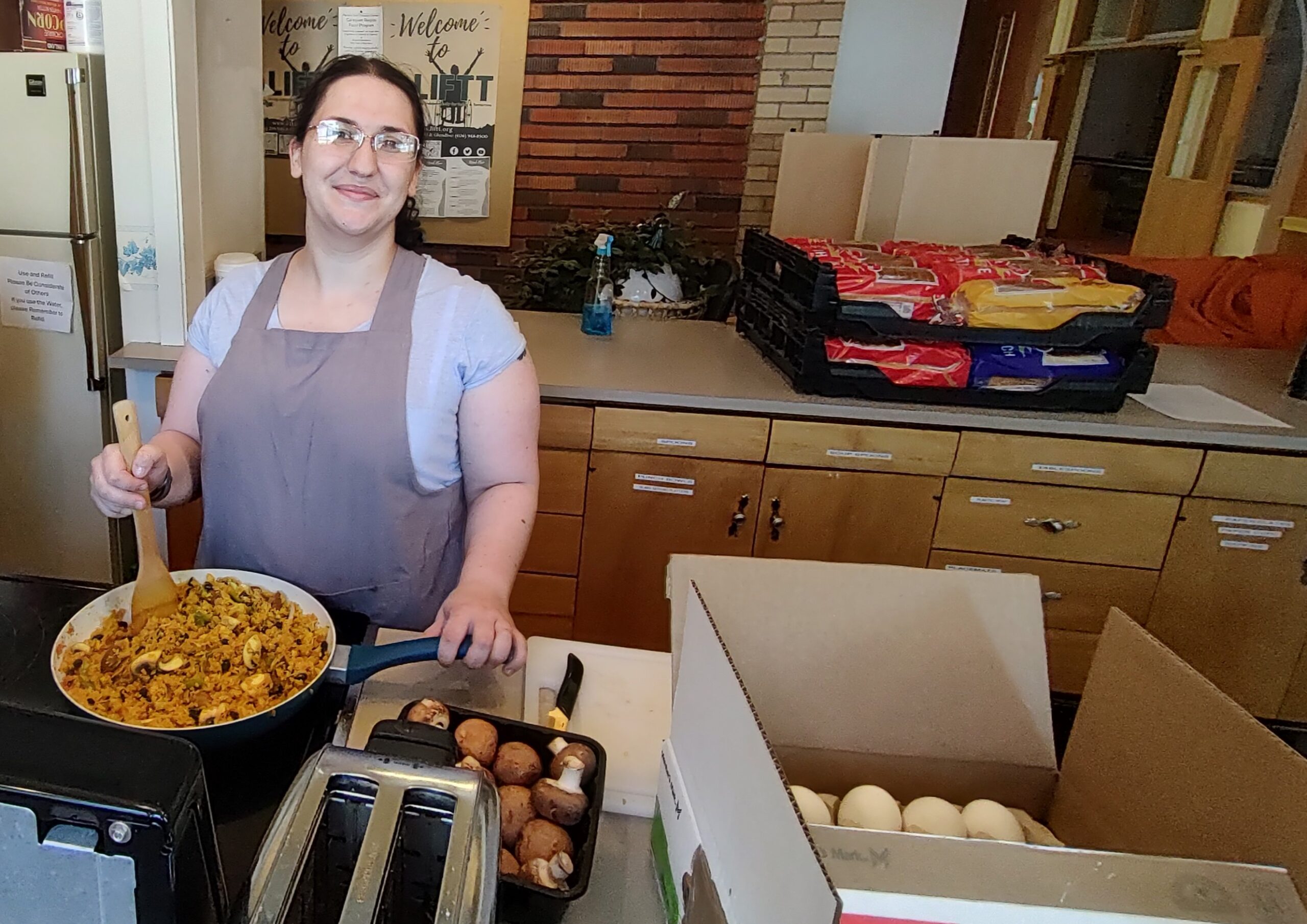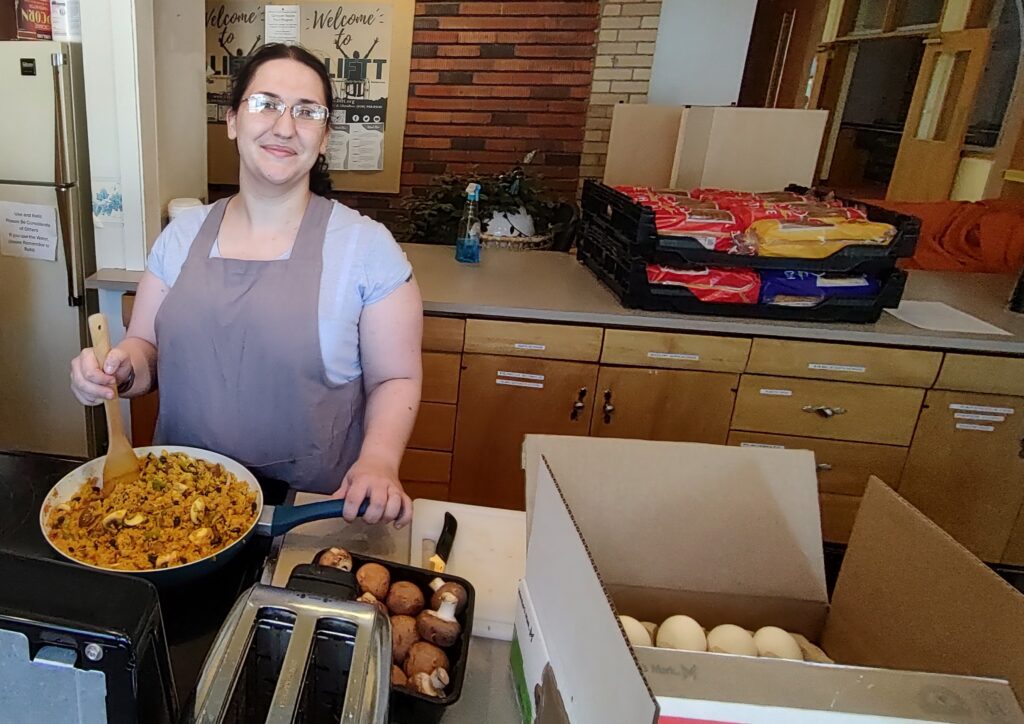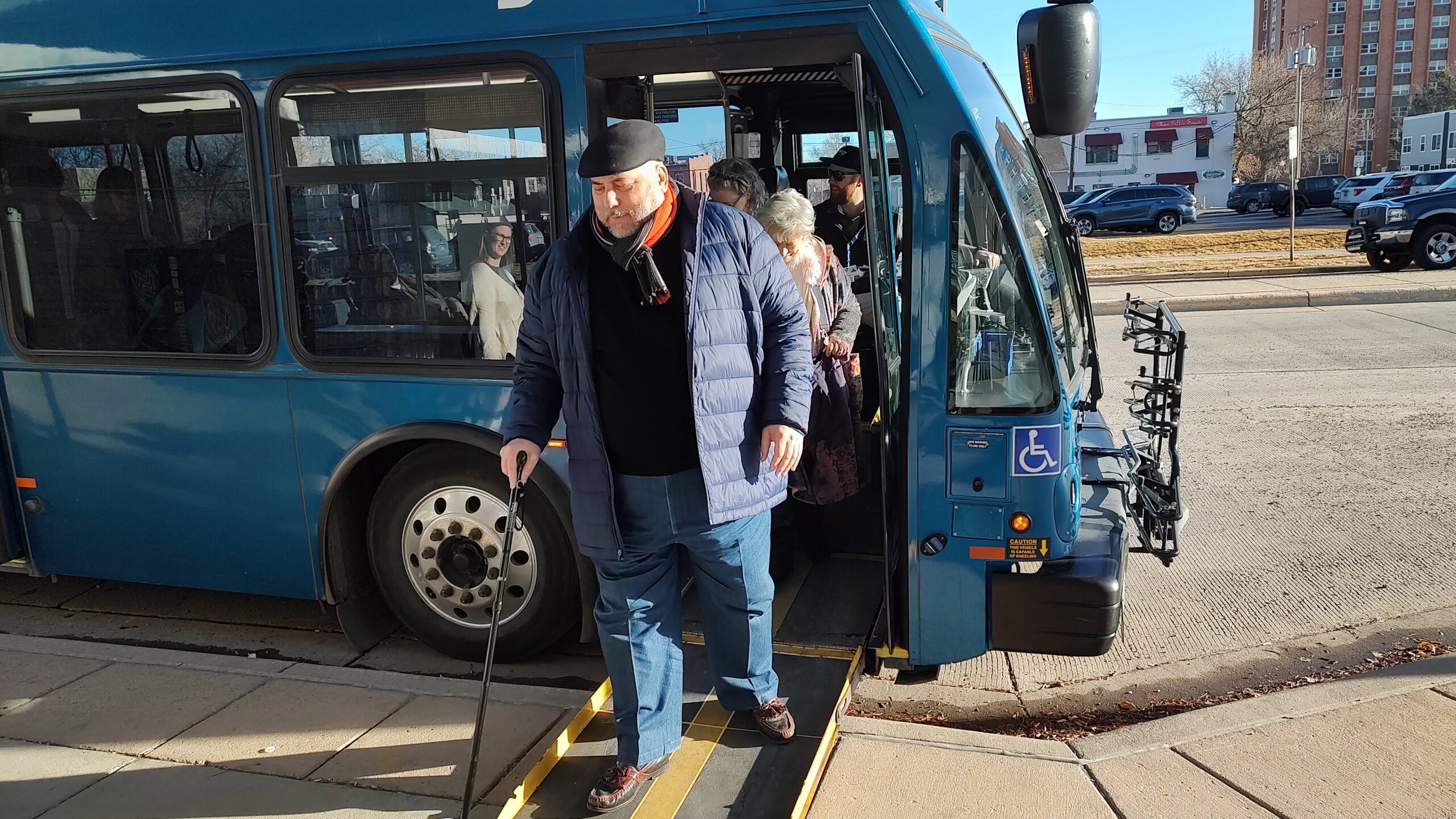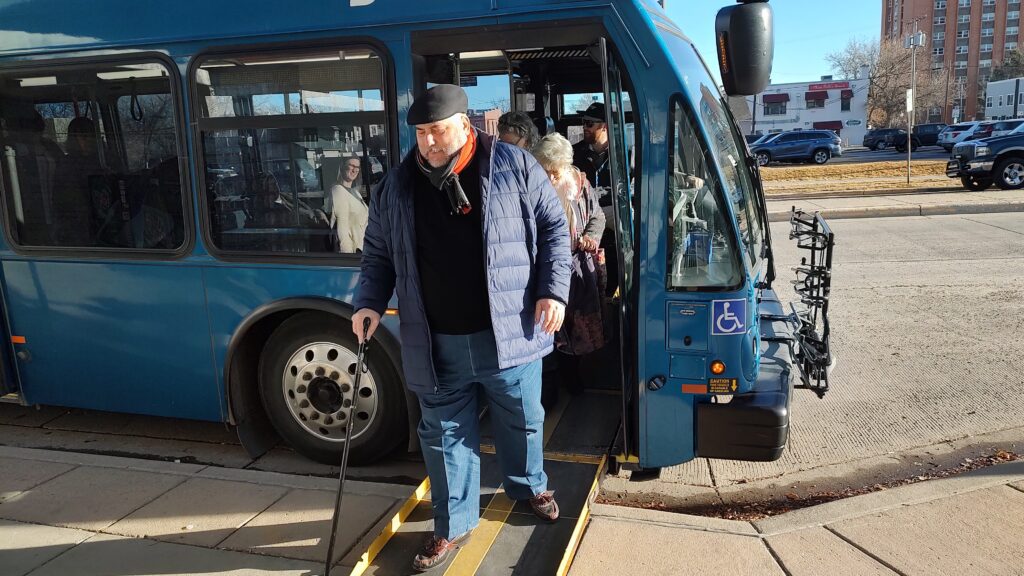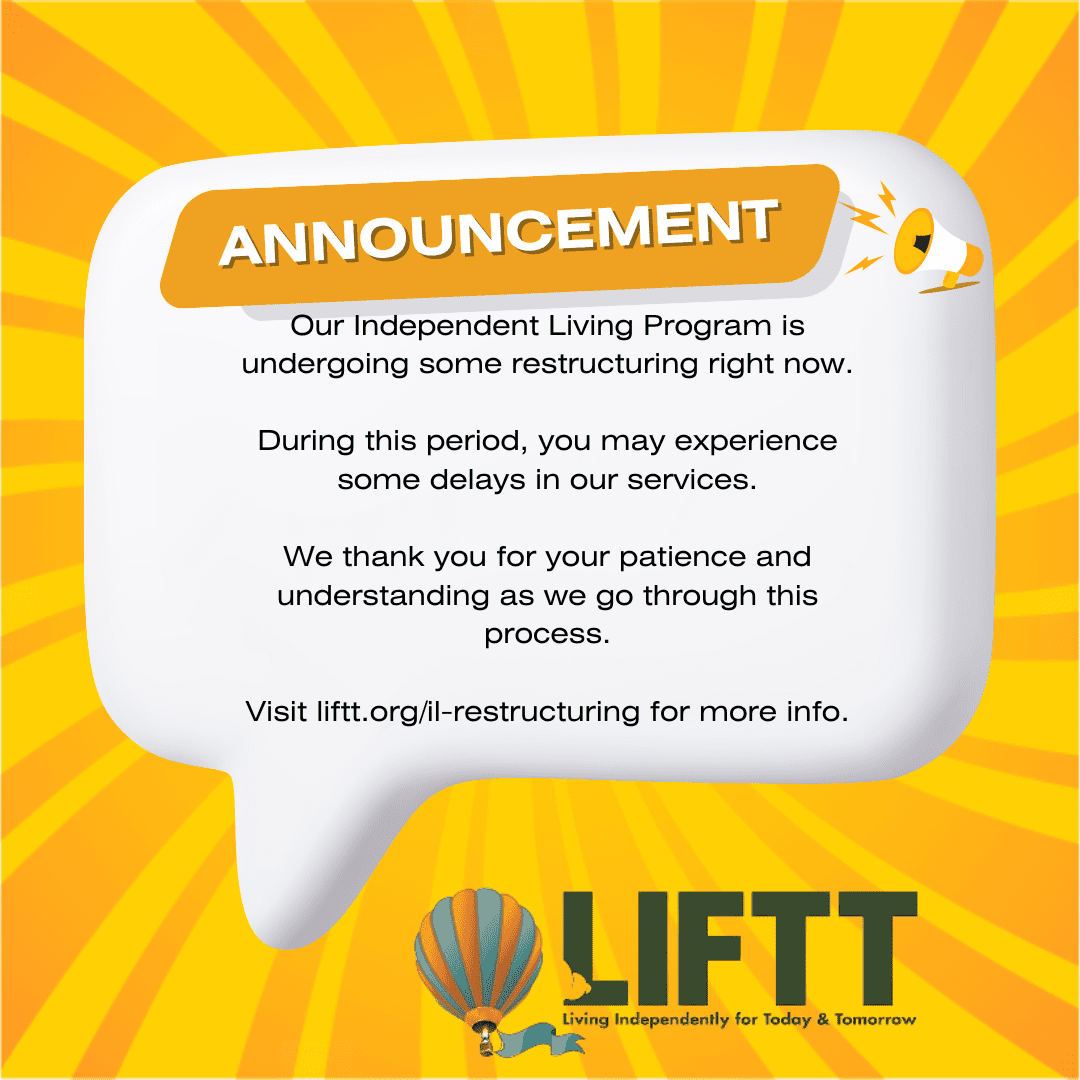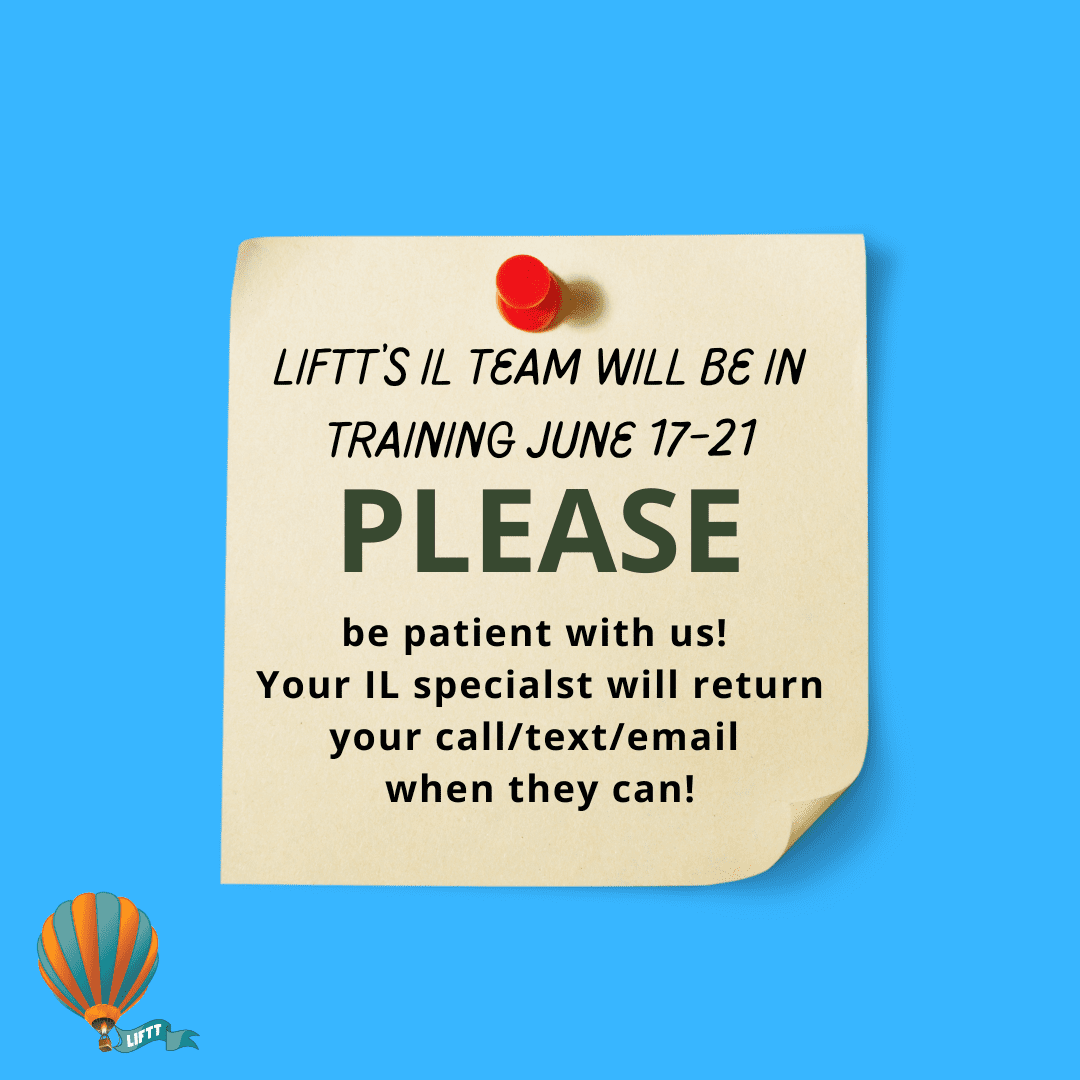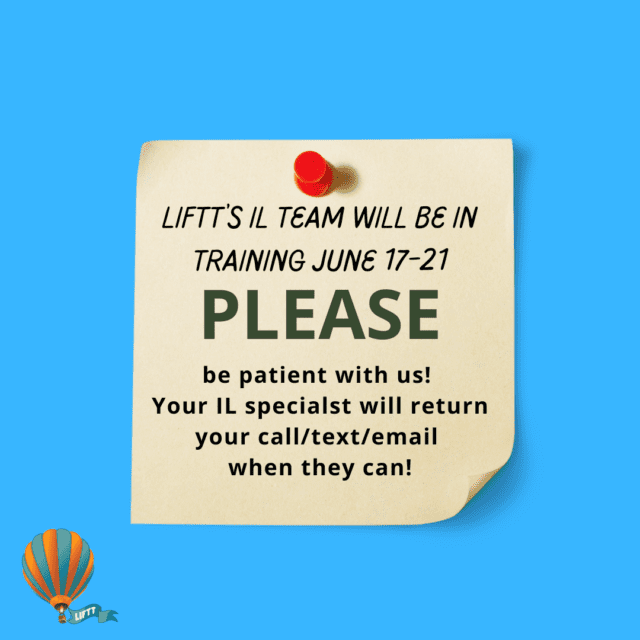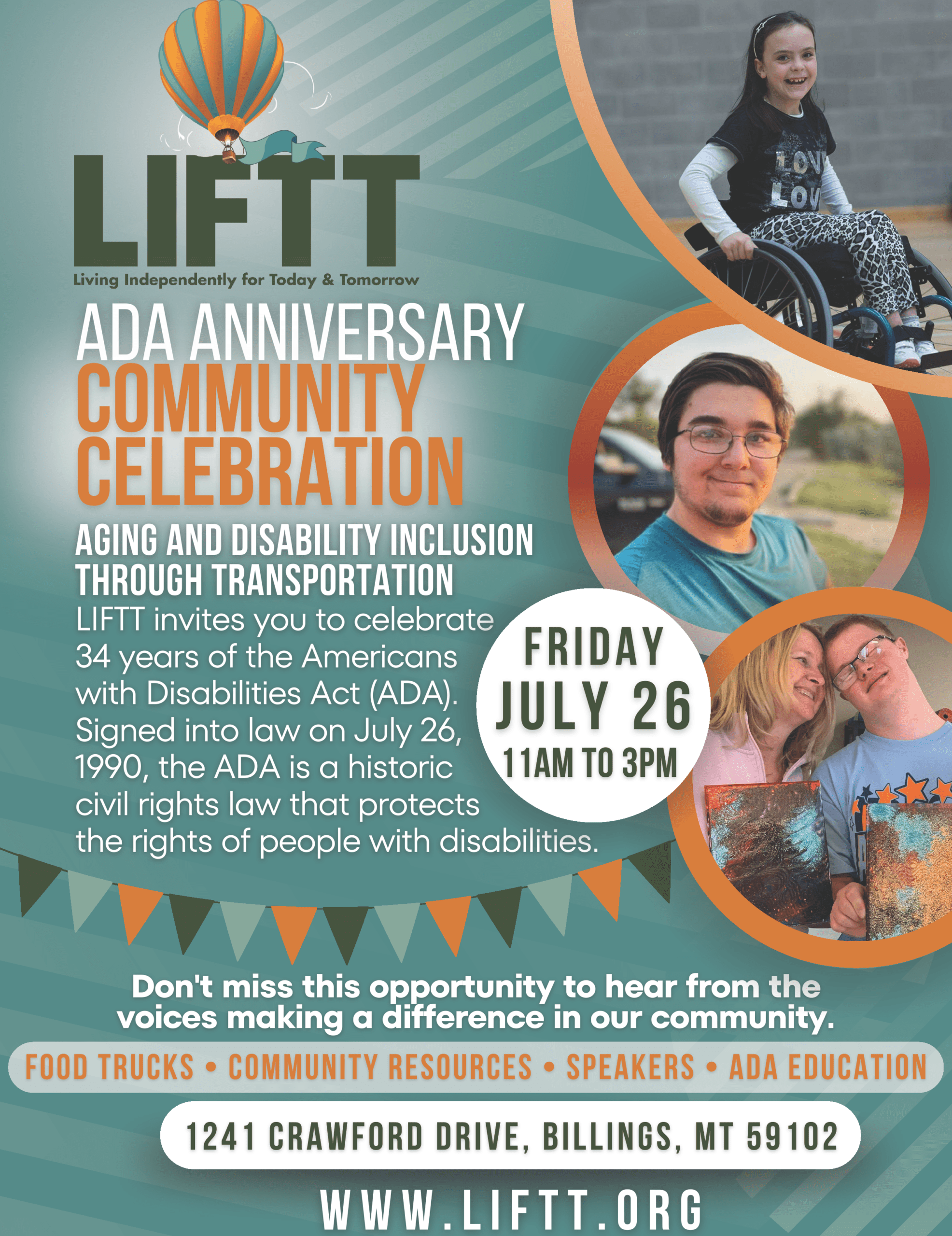
Living Independently for Today & Tomorrow (LIFTT) invites the community to the Billings LIFTT office (1241 Crawford Drive) on Friday, July 26, from 11 a.m. to 3 p.m. to celebrate the 34th Anniversary of the Americans with Disabilities Act (ADA).
Aging & Disability Inclusion through Transportation
This year’s celebration theme is “Disability Inclusion through Transportation,” and it will feature a display from Billings MET Transit, where people can see both a standard city bus and the smaller vehicle used for providing paratransit services.
“Equal access to public and private transportation systems for older adults and people with disabilities is vital for enabling these groups to participate fully in society, accessing employment, education, healthcare, and social activities. It is in recognition of this vitality that LIFTT has chosen “Aging and Disability Inclusion through Transportation” as the theme for our celebration,” said LIFTT executive director Carlos Ramalho
Information and Vaccination
Along with the display from Billings MET Transit, there will be information tables from LIFTT and many other organizations that provide important programs and services to help people with disabilities be independent in their communities including Montana Vocational Rehabilitation, Veterans Navigation Network, Big Sky Senior Services, Mountain Made K9, Forward Montana, Greater Good Health, Adult Resource Alliance of Yellowstone County, Healthy by Design Coalition, University of Montana Rural Institute for Inclusive Communities/MonTech, The Statewide Independent Living Council, AWARE, City of Billings Planning & Community Services/Yellowstone Metropolitan Planning Organization, Vitalant, The United Way of Yellowstone County, Eagle Mount, Billings Clinic and Tumbleweed.
RiverStone Health’s mobile vaccination unit will be on-site offering COVID-19, Tdap (tetanus, diphtheria, and pertussis), Hepatitis A, Hepatitis B, HPV (Human papillomavirus), and Shingles to those 18 years and older, which private insurance, Medicare, and Medicaid cover. Those wishing to bill private insurance or Medicare will need to present a copy of their insurance card. For those without insurance, Tdap, Hepatitis A, Hepatitis B, and COVID-19 vaccinations are available at no cost.
Fun & Food
There will be activities for kids, and the little ones can stay cool by taking a trip down a giant waterslide that will be set up near the resource fair.
The Tastes So Good, Lil Red Wagon, and Digz Filipino Kitchen food trucks will be on-site, and lunch will be available for purchase. Altana Federal Credit Union will have its “Ice Cream Bus” handing out free Wilcoxon’s frozen treats, and LIFTT will provide ADA birthday cake, bottled water, and other festive treats!
Finally, at 2 p.m. in LIFTT’s auditorium, LIFTT team members and other community and political leaders will offer brief remarks on the meaning of the ADA and the critical role transportation plays in creating a truly diverse and inclusive society.
“It will be a fun, engaging, and enlightening day for all, and we hope the community will join us for some or all of the event,” said Ramalho.
For more information about the LIFTT’s 34th ADA anniversary celebration, contact Carlos Ramalho, LIFTT Executive Director, at (406) 294-5190, carlosr@liftt.org, or Jed Barton, LIFTT’s Public Relations Specialist at (406) 294-5186, jedb@liftt.org.
About Living Independently for Today & Tomorrow (LIFTT): LIFTT is a Montana 501(c)3 corporation organized as a Center for Independent Living (CIL). With team members based in Billings and Glendive, LIFTT provides people with disabilities with programs and services that help empower them to break down the physical, bureaucratic, and cultural barriers that prevent them from being fully independent participants in their lives and communities throughout 18 counties in southeastern and south-central Montana: Big Horn, Carbon, Carter, Custer, Dawson, Fallon, Garfield, Golden Valley, McCone, Musselshell, Powder River, Prairie, Richland, Rosebud, Stillwater, Treasure, Wibaux, and Yellowstone. For more information, please visit liftt.org or download our mobile app for your Apple or Android Device.
